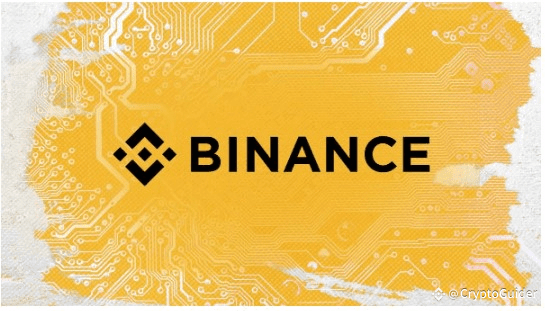Make the wrong move—even unintentionally—and you could find yourself permanently banned, with your funds frozen and no way to recover them. Whether you’re a seasoned trader or a newcomer, understanding what not to do on Binance is essential to protecting your account and your capital.
1. Operating Multiple Unauthorized Accounts
Binance strictly enforces a “one account per individual” policy unless you’ve been approved for a business or institutional account. The platform uses IP tracking, cookies, device fingerprints, and KYC verification to detect violations.
Even attempting to bypass these measures with a VPN is unlikely to work.
Risk: Account ban, funds frozen, and no appeals process.
2. Market Manipulation (Pump & Dump, Wash Trading)
Engaging in price manipulation schemes, creating fake trading volume, or coordinating insider “pump and dump” activity is prohibited. Binance uses AI-driven surveillance tools to detect unusual market behavior in real time.
Risk: Permanent ban and potential legal action if flagged by regulators.
3. Submitting Fake or Altered KYC Documents
Providing falsified identification—whether altered with software or generated through deepfake technology—is a fast track to losing your account. Binance cross-references IDs with government databases, and fraudulent submissions are detected quickly.
Risk: Account suspension, permanent ban, and indefinite fund lock.
4. Using Unauthorized Bots or Trading Tools
While Binance allows automated trading, it must be done through approved APIs and recognized bots. Connecting unapproved or self-coded trading bots, even once, can trigger compliance alerts.
Risk: Immediate permanent ban with no reinstatement.
5. Transferring Crypto to High-Risk or Sanctioned Wallets
Sending funds to cryptocurrency mixers, darknet services, scam-related projects, or sanctioned wallets (such as those listed by OFAC) is strictly forbidden. Binance actively monitors blockchain transactions for high-risk activity.
Risk: Account freeze, full investigation, and potential permanent lockout.
6. Sharing, Selling, or Renting Your Account
Your Binance account is for your use only. Sharing credentials, selling access, or renting out your account violates the terms of service. Binance tracks login patterns, IP address changes, and device fingerprints to detect unauthorized use.
Risk: Permanent ban and possible loss of assets.
 #Write2Earn #Write2Earn! #BinanceAlphaAlert #CPIWatch #ETH4500Next?
#Write2Earn #Write2Earn! #BinanceAlphaAlert #CPIWatch #ETH4500Next?
